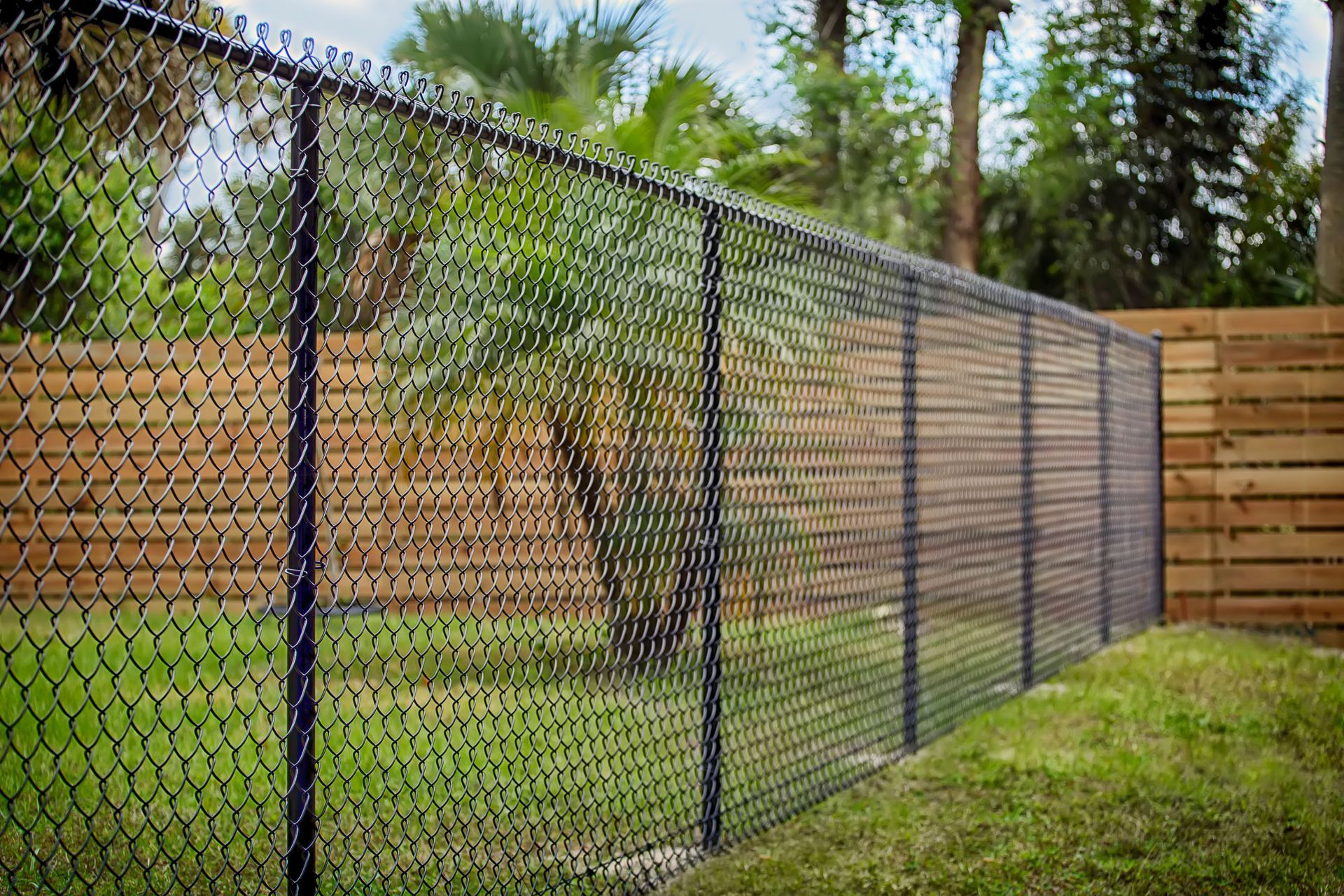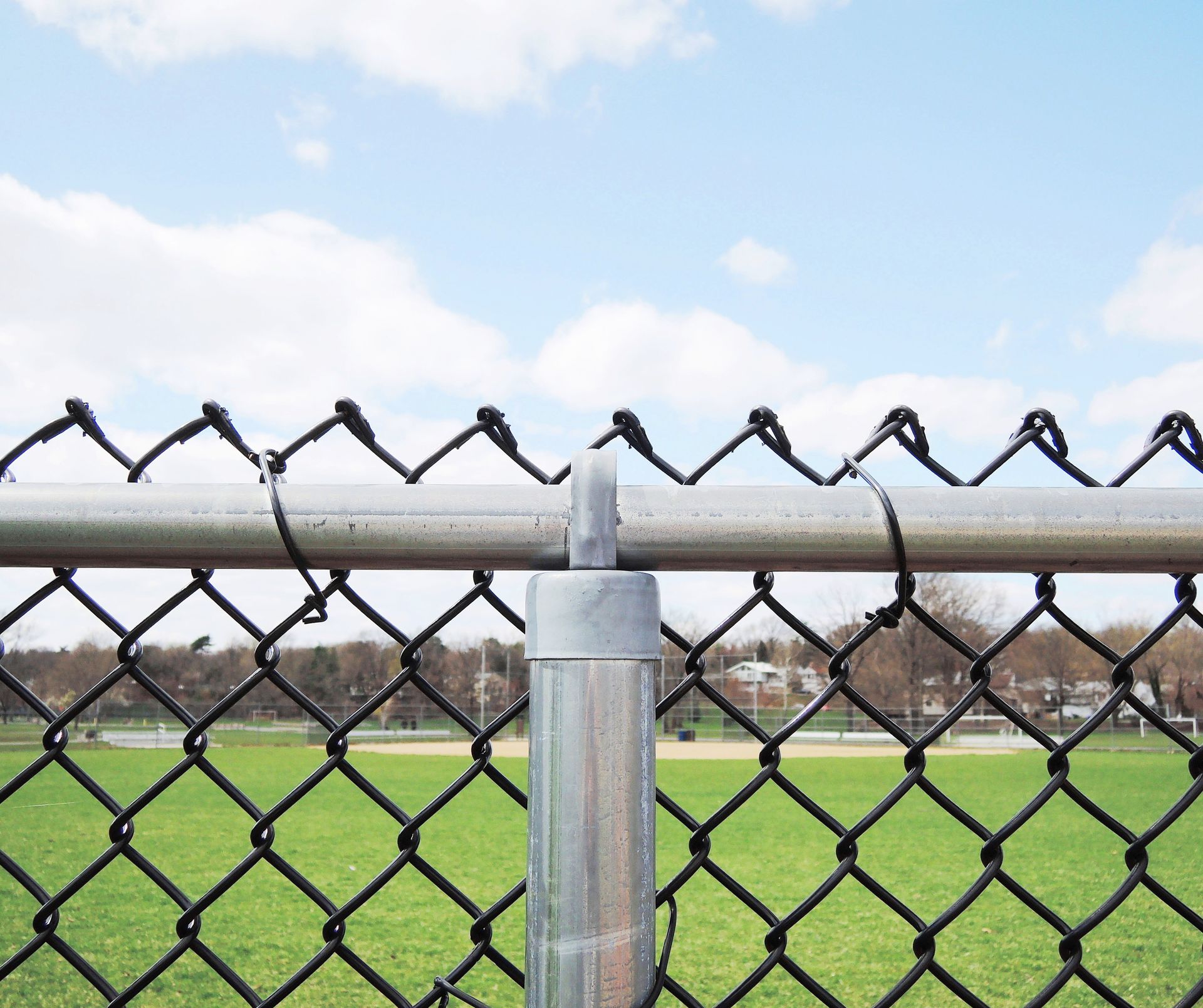3 Facts Every Fence Installer Should Know
Installing a fence is more than a simple home improvement task—it requires planning, precision, and practical knowledge. From selecting the right materials to navigating local laws and building a strong foundation, each step plays a vital role in the success and longevity of the finished product. Whether you're a DIY enthusiast or a professional fence installer, understanding these core principles can help ensure a smooth project with lasting results.
Know Your Materials Before You Start
Installing a fence begins with selecting the right materials, and the options can significantly affect the outcome of the project. According to the Chain Link Fence Manufacturer’s Institute, a 9-gauge chain link fence fabric is considered top-tier for its strength and longevity. This type of material is especially recommended for commercial or high-use areas. On the other hand, an 11 ½-gauge chain link may suffice for residential settings, although it offers less durability. A knowledgeable fence installer understands the pros and cons of each type and makes informed choices based on the intended use, location, and long-term maintenance.
Know Your Area's Rules and Regulations to Avoid Setbacks
It’s easy to overlook legal requirements in the excitement of a home improvement project, but failing to check local regulations can be a costly mistake. Many cities and towns have strict zoning laws that govern fence height, placement, and design, especially near sidewalks, intersections, or shared property lines. A responsible fence installer should always research these rules beforehand. Not only does this prevent potential fines or stop-work orders, but it also fosters good relationships with neighbors, avoiding disputes over shared boundaries. Staying compliant with all local ordinances ensures the installation process goes smoothly from start to finish.
Know the Importance of Building a Solid Foundation
A fence is only as strong as the base it stands on. Without a solid foundation, even the best materials and craftsmanship won’t hold up over time. The depth of post holes, use of concrete, local frost lines, and soil conditions all play vital roles in ensuring fence stability. A skilled fence installer knows that ignoring any of these factors can lead to leaning posts, sagging panels, or even total collapse after severe weather. By prioritizing foundational integrity, you guarantee that the fence will maintain both its form and function for many years.
Fencing may look simple at first glance, but it involves detailed planning and a deep understanding of materials, legal considerations, and construction methods. By focusing on material selection, legal compliance, and strong foundations, you can avoid common pitfalls and build a structure that lasts. Whether you’re a seasoned professional or a first-time DIYer, mastering these basics will make any fencing project more efficient and more rewarding. Contact AAA Fence LLC for expert installation you can trust.



Share On: